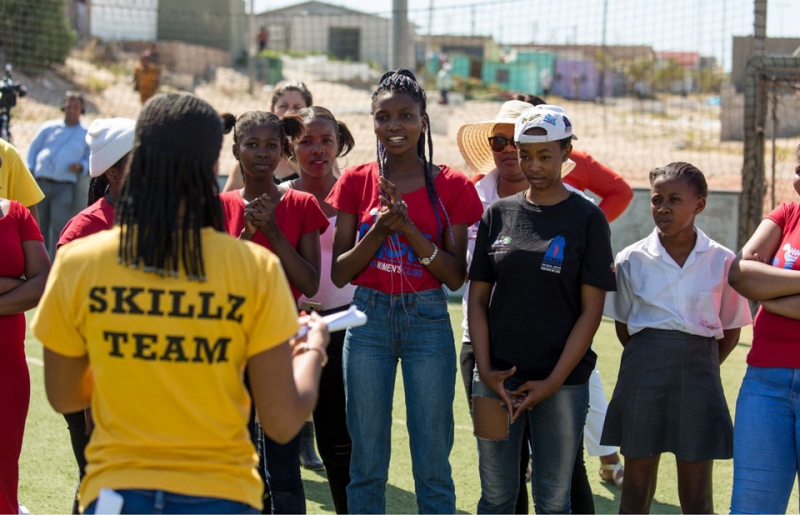Rise clubs are helping adolescent girls and young women start conversations about HIV and sexual and reproductive health and rights.
Khayelitsha is one of South Africa’s largest townships, situated in the Cape Flats in Cape Town, South Africa.
As is the case in many other communities in South Africa, women and girls in the semi-informal settlement deal with gender inequality on a daily basis, which puts them at higher risk of HIV infection.
Gender inequality is a barrier for adolescent girls and young women to access HIV and sexual and reproductive health services and comprehensive sexuality education. It also places girls at higher risk of gender-based violence.
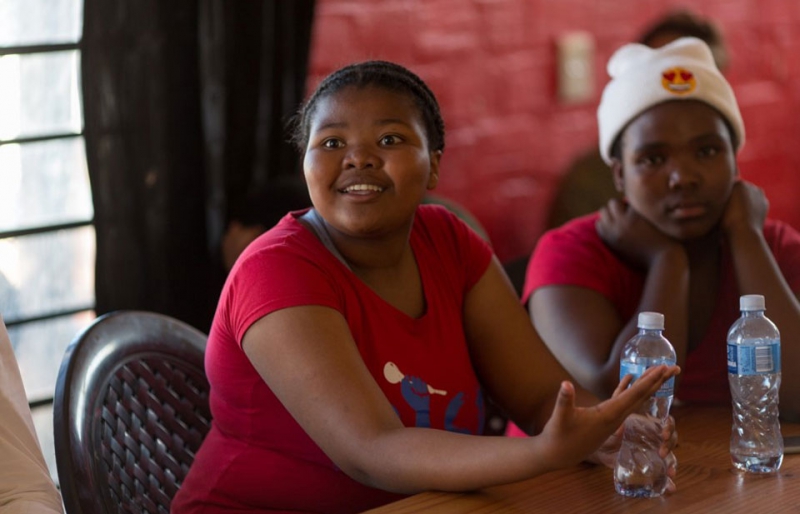
“There is a lot of crime. The community is not on the girls’ side. The community believes that women must submit to men. Sometimes it is hard for us to speak out,” said a young woman who is a member of the Rise club in Khayelitsha.
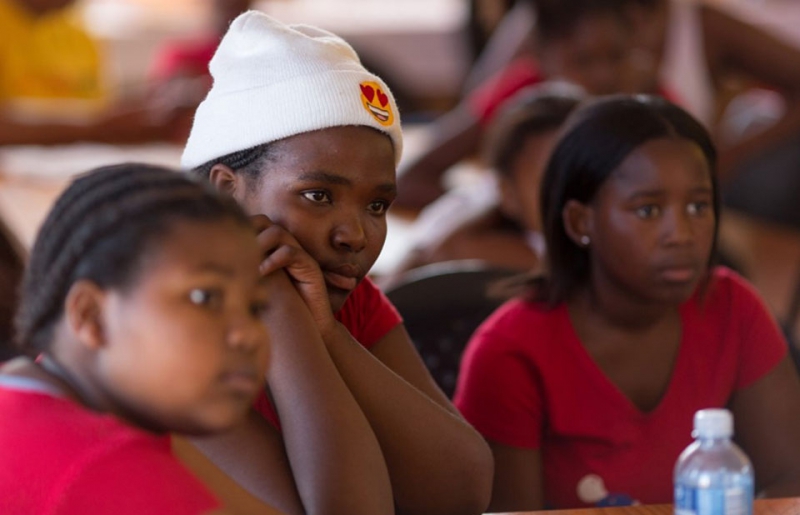
“We belittle ourselves to fit in the box that the community puts us in. Girls get raped, kidnapped … there is a lot of violence. “You can do this, you can’t do that”, you are told what to do,” she says.
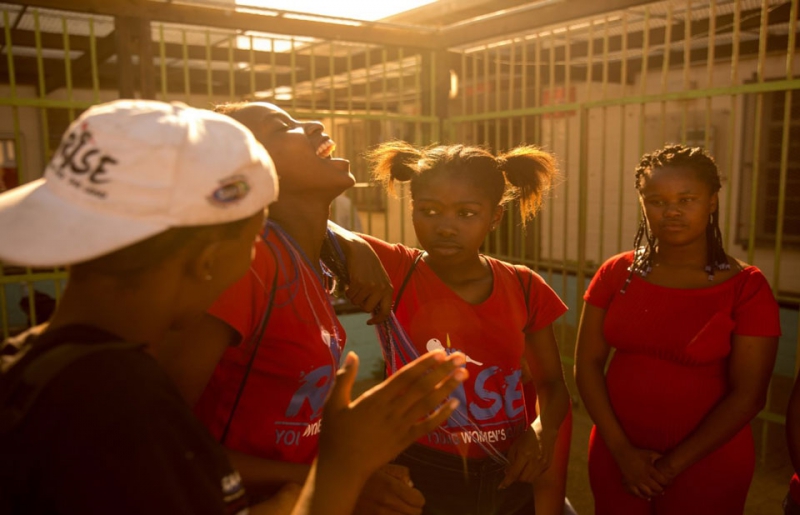
For most girls, it is difficult to talk to parents, teachers or family members about sex, sexuality and sexual and reproductive health and rights. Young women and adolescent girls face stigma and discrimination, such as being shamed for being sexually active, from nurses in health-care settings when they seek sexual and reproductive health services. While many countries in eastern and southern Africa have signed the Ministerial Commitment on Comprehensive Sexuality Education and Sexual and Reproductive Health Services for Adolescents and Young People in Eastern and Southern Africa and have some sort of policy on comprehensive sexuality education, implementation is still uneven.
Young women are at higher risk of HIV and other sexually transmitted infections than their male peers or older women.
In eastern and southern Africa, a quarter of the 800 000 new HIV infections in 2017 were among adolescent girls and young women between the ages of 15 and 24 years. Of the 2.17 million adolescents and young people aged 15–24 years in eastern and southern Africa living with HIV, 1.5 million are adolescent girls and young women.
Of the 277 000 new HIV infections in South Africa in 2017, 77 000 were among adolescent girls and young women between the ages of 15 and 24 years, more than double that of their male counterparts (32 000).
Knowledge of HIV prevention ranges from a high of 64.5% in Rwanda to low of 20.37% in Comoros, with South Africa mid-range at 45.8%.
In some countries in the region, adolescent girls and young women are permitted by law to marry at a young age. Early marriages are associated with loss of bodily autonomy, lack of education owing to school drop-out, lack of economic independence and gender-based violence.
Transactional sex contributes to the gender disparity in HIV infection among young people in sub-Sahara Africa.
Evidence shows that transactional sex among adolescent girls and young women is associated with a number of sources of HIV risk, including abuse and violence, alcohol use, having multiple partners, lack of condom use and age-disparate sex.
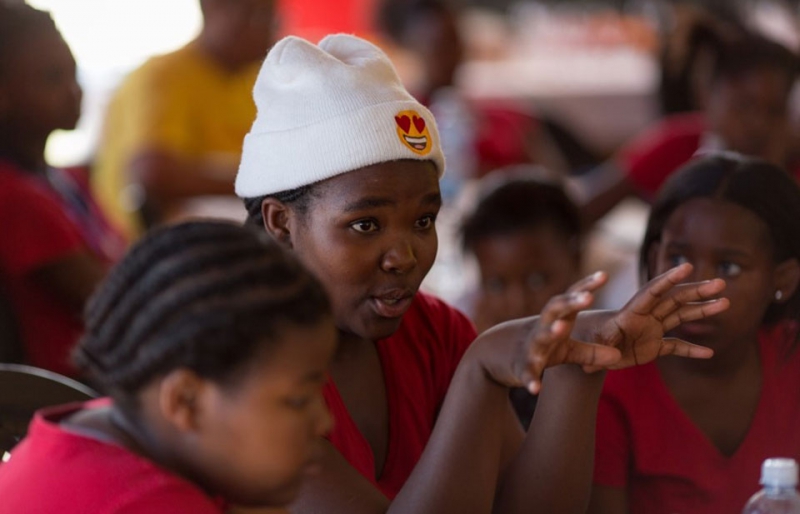
Rise clubs
Rise is a club for adolescent girls and young women that seeks to build social cohesion, self-efficacy and resilience through allowing adolescent girls and young women (aged 15‒24 years) a space to support each other and undertake projects in the community that help prevent HIV, mitigate its impact and enable safer choices.
Rise helps meet the needs of adolescent girls and young women in terms of building self-confidence and encouraging them to speak out against social ills and helps them to make decisions about their lives.
The clubs were started in 2014 for young people in 15 high-burden districts in South Africa by the Soul City Institute for Social Justice.
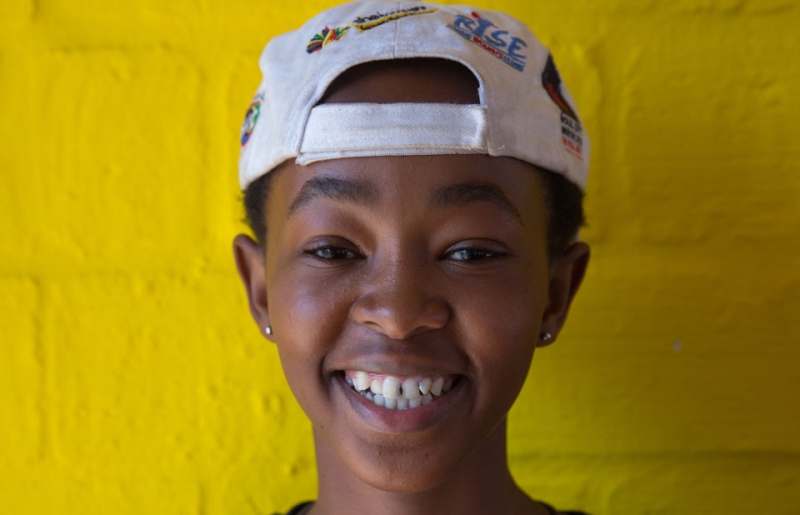
“African parents do not talk to us about sex and we are embarrassed to talk to them. I couldn’t speak to my sister so I joined Rise and now I can sit with my girls. Some are older than me and they can give me advice.” —Cinga
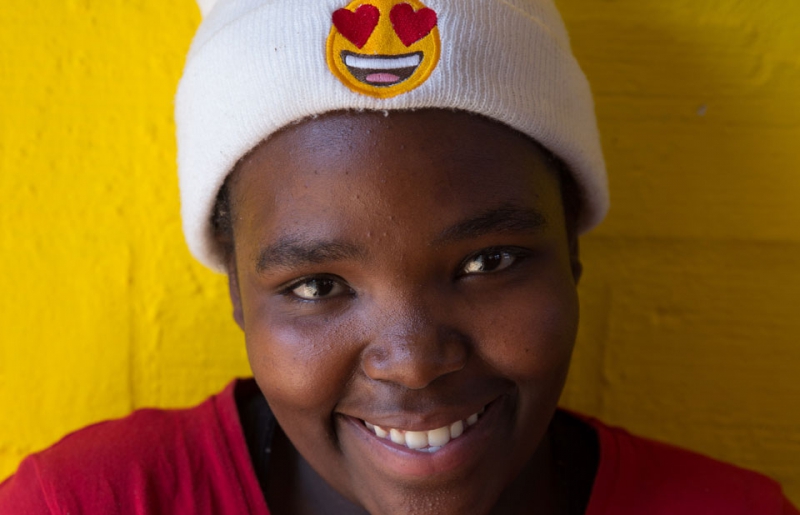
“My parents taught me that the only way to be knowledgeable is to ask questions. When I joined Rise, we’d ask questions for girls who can’t ask for themselves, making life easier for the girls.” —Okuhle
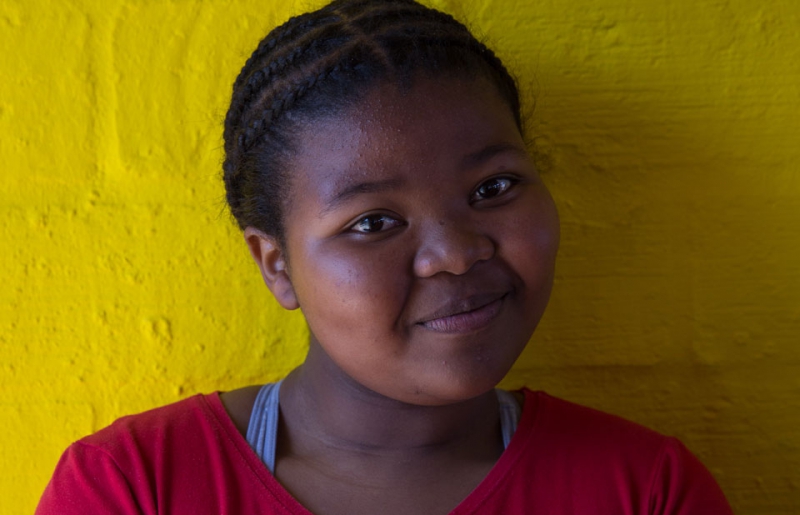
“I could not speak to anyone at home. And then I became the most talkative person. Rise has helped me deal with low self-esteem.” —Lisa
Adolescent girls and young women in eastern and southern Africa need laws, policies and programmes that meet their needs. These include tailored and focused programmes for sexual and reproductive health services and comprehensive sexuality education and on the prevention of unintended pregnancies, gender-based violence and HIV infection.
They must be informed by the principles of gender equality and human rights and should address other socioeconomic issues, such poverty and unemployment.
Having such policies and programmes will not only result in positive health outcomes but will give adolescent girls and young women the opportunity to live their lives with freedom and dignity.
